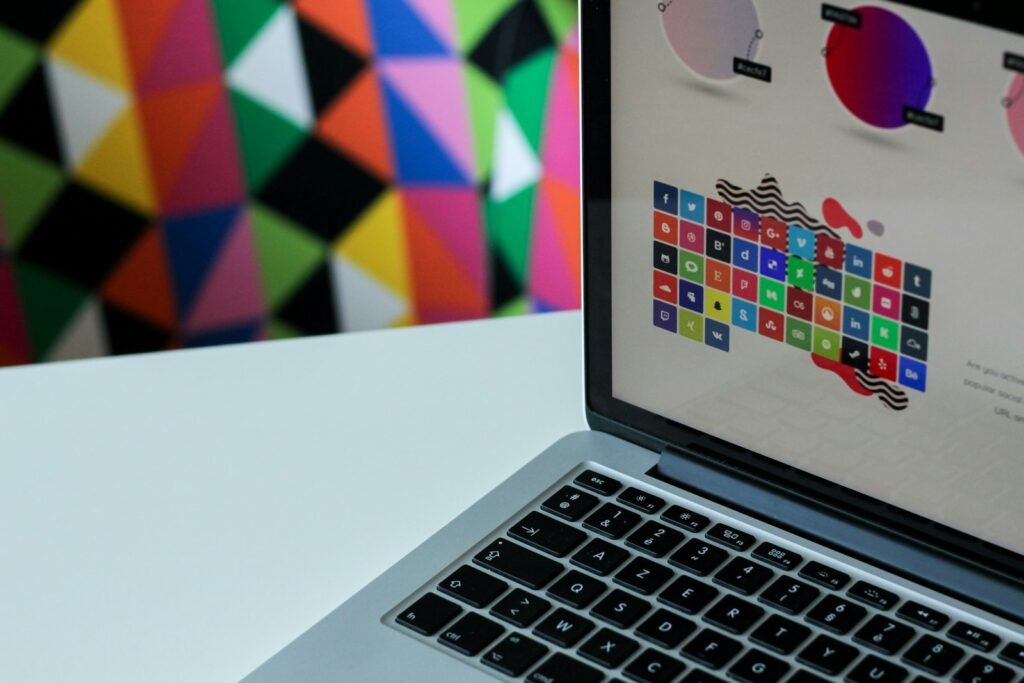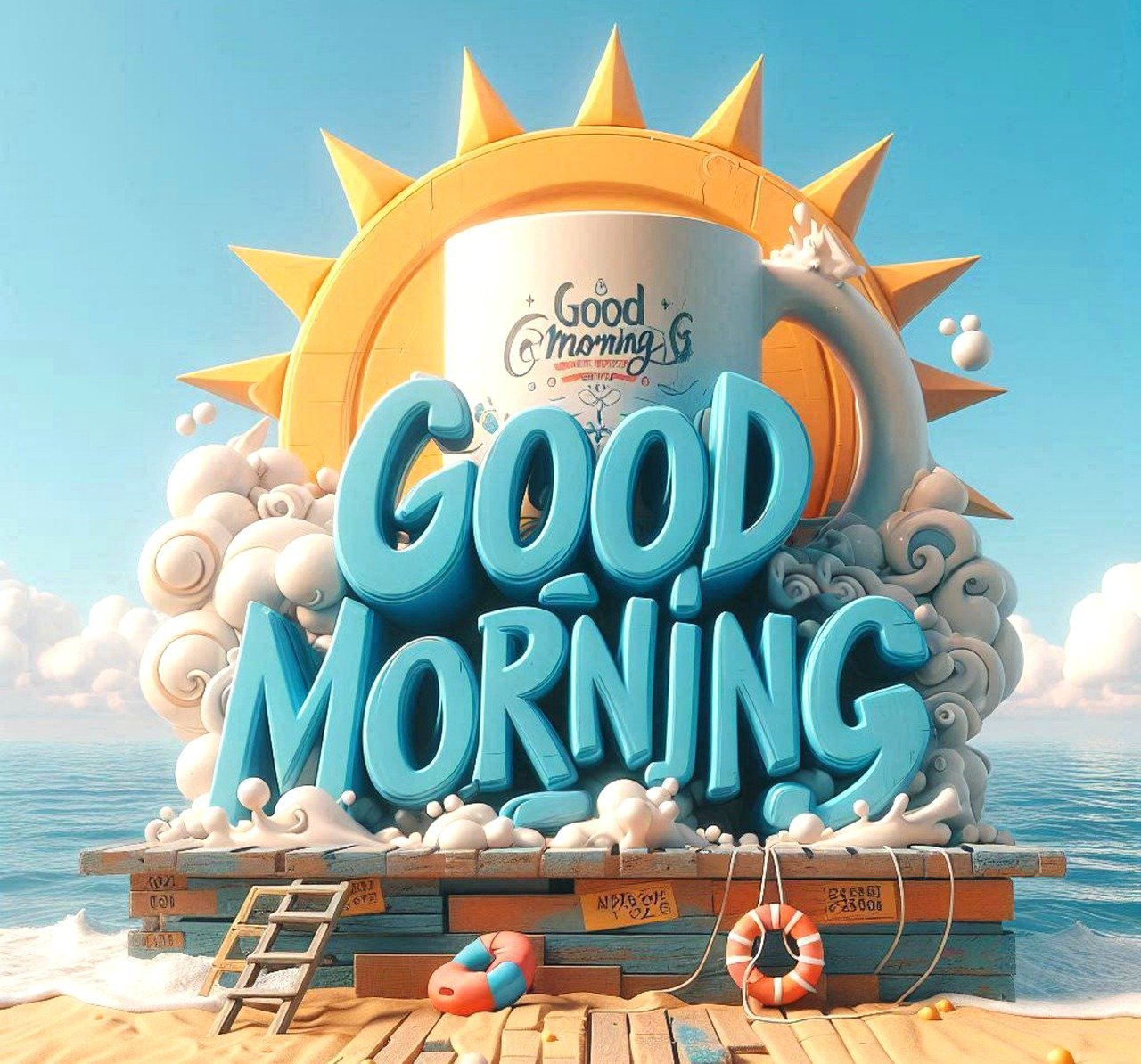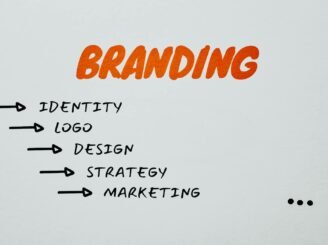Imagine walking down a busy street, surrounded by towering billboards, flashing neon signs, and endless advertisements vying for your attention. In this visual overload, it's easy to get lost in the noise. But then, you see it - a graphic design that stops you in your tracks. It's bold, it's colorful, and it's impossible to ignore.

That's the power of creative graphic design. It's not just about making things look pretty; it's about capturing attention, communicating your message, and leaving a lasting impression.
The Science Behind Graphic Design
Our brains are wired to respond to visual stimuli, and graphic design takes advantage of this. By using a combination of color, typography, and imagery, designers can create a visual hierarchy that guides the viewer's eye through the design.
But it's not just about aesthetics. Graphic design is also rooted in psychology. By understanding how our brains process information, designers can create designs that evoke emotions, build trust, and create a sense of familiarity.
The Art of Communication
Graphic design is not just about conveying information; it's about telling a story. A good design should communicate your message in a way that's clear, concise, and compelling.
Think about it like this: when you're trying to convey a complex idea, do you use words or images? Images, of course! Our brains process visual information faster and more efficiently than text, which is why graphic design is so effective at communicating complex ideas.
The Power of Emotion
Emotions play a huge role in decision-making, and graphic design can tap into this. By using colors, typography, and imagery that evoke emotions, designers can create a connection with the viewer that goes beyond mere information.
For example, a design that uses warm colors and playful typography can create a sense of joy and excitement, while a design that uses cool colors and minimalist typography can create a sense of calm and sophistication.
The Importance of Consistency
Consistency is key to building a strong brand identity. By using a consistent visual language across all your marketing materials, you can create a sense of familiarity and trust with your audience.
Think about it like this: when you see a brand's logo, you instantly recognize it. That's because the brand has created a consistent visual identity that's synonymous with their values and message.
The Future of Graphic Design
As technology continues to evolve, graphic design is becoming more interactive and immersive. With the rise of virtual and augmented reality, designers are pushing the boundaries of what's possible.
Imagine walking into a store and being surrounded by a 360-degree design that wraps around you. Or, imagine interacting with a design that responds to your touch and movement. This is the future of graphic design, and it's going to change the way we communicate and interact with each other.
Conclusion
Creative graphic design is not just about making things look pretty; it's about capturing attention, communicating your message, and leaving a lasting impression. By understanding the science and psychology behind graphic design, designers can create designs that evoke emotions, build trust, and create a sense of familiarity.
So, the next time you're walking down that busy street, take a closer look at the graphic designs that catch your eye. You might just discover a whole new world of creativity and communication.




